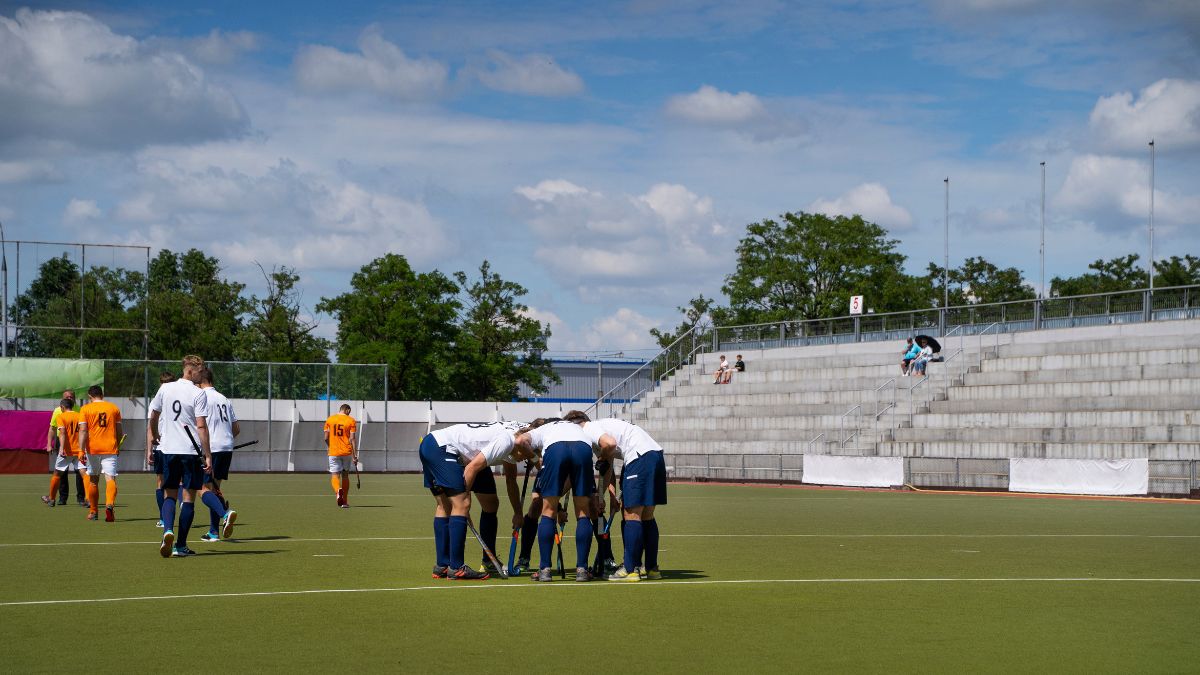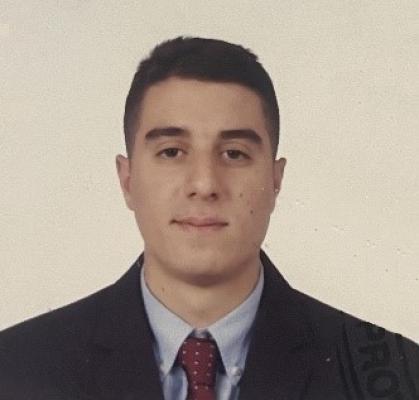The admission of commercial companies in Argentine football as a result of the Decree of Necessity and Urgency number 70/2023 issued by the President of the Argentine Republic, Javier Gerardo Milei
Full article
Sports Joint Stock Companies in Argentinean football
The Decree of Necessity and Urgency 70/2023, promulgated by the President of the Argentine Nation, contains in its "Title XIII" changes regarding the legal form that sports entities in the Argentine Republic may adopt.
Article 334 of the decree provides for a modification of Article 19 bis of the Law 20.655 on Sport, by establishing that the following shall be considered sports entities within the institutional system of sport and physical activity:
1. Legal entities provided by art. 168 of the Civil and Commercial Code, that is to say civil organizations with the purpose of practice, development, support, organization or representation of sport and physical activity.
2. Legal entities established as corporations regulated in Section V of the General Companies Law 19.550 and its amendments, whose corporate purpose is the practice, development, support, organization or representation of sport and physical activity.
On the other hand, art. 335 of the aforementioned Decree calls to the incorporation into the Sports Law of art. 19 ter, which provides that no right of a sports organization may be impeded, hindered, deprived or impaired including its right to affiliation to a confederation, federation, association, league or union, on the basis of its legal form, if recognized by the aforementioned law and complementary regulations.
This last paragraph would be in conflict with the Statute of the Argentine Football Association, which states that any affiliated sports entity must be a civil organization with legal status. Thus, the national football federation imposes a mandatory legal typology which bans the possibility of affiliation of commercial legal entities.
Accordingly, Article 345 of the Decree temporarily stipulates that sports associations, federations and confederations shall have one year from the date of its implementation to modify their statutes in accordance to the terms of the Decree, which shall be applied without prejudice to the fulfilment of pre-existing orders.
Therefore, if the present Executive Decree is not rejected by both Chambers of Congress in accordance to Law 26.122, the admission of the sports corporations [Sociedad Anónima Deportiva in Spanish] will no longer be a matter of internal debate by the members of the A.F.A., but rather a quarrel that will be taken to justice. The magistrate will have to decide to what extent a private sports federation has the autonomy to regulate itself and whether or not it should adapt its statutes and bylaws to a new regulation which it might be infringing.
At the end of January of this year, the Salto Football League filed an injunction before the federal courts to declare the unconstitutionality of articles 335 and 345 of the aforementioned Decree. The magistrate understood that the modification being promoted should be suspended, as the damage caused by the passage of time between the initiation of the action and the definitive sentence would be irreparable. Therefore, until such time as there is a firm judicial decision, the admission of the S.A.D. in Argentinean football is suspended.
It is well known that the acceptance of commercial companies in sport presupposes under no circumstances the obligation for civil sports organizations to adapt to this legal form. This is stated in the recital of Decree 70/2023: "This update on the regulations cannot be interpreted as an imposition to the aforementioned sports entities to transform their current form of organization, but rather constitutes an extension of the available options from which they can freely choose the configuration that best responds to their interests".

In other words, it does not necessarily have to be as in Spain in the 1990s, with the modification of its Sports Law and the enforcement of the Royal Decree 1251/1999, which stipulated that all sports entities participating in the first two categories of professional football had to turn into sport corporations. Only four clubs continued under the civil organization structure: on the one hand, C.A. Osasuna, which presented positive financial results in the last four financial years; and on the other hand, Real Madrid C.F., F.C. Barcelona and Athletic Club, which were classified as historical entities since they had never been relegated from the first to the second category.
However, as a result of political pressure from a certain club in the Basque region and the enactment of the new law 39/2022 on sport, it is no longer necessary for clubs promoted from Primera RFEF to the second division of Spanish football to go into business and, consequently, to make a capital outlay in order to legally become sports corporations. Therefore, there is now legal freedom for Spanish sports entities that compete professionally, enabling them to choose the configuration that they consider the most appropriate to their program and strategic plan.
In South America, countries such as Chile, Peru, Colombia, Brazil and Uruguay accept the sports corporation system. It is precisely in the latter that a new and truly admirable legal form has been created, since it allows the investment of private capital without harming the club-member relationship.
In this case, the sports commercial company does not assume all control and activity of the civil organization club, but only the split of its football asset. In other words, a corporate group takes over, for a limited time, of the football asset of a civil organization club from its formative basis, for which a fee is paid as compensation to enable the social club to manage the expenses and investments of its remaining sport disciplines.
This management of the football asset by the private investor is not indefinite in time, but temporary. Therefore, even though the sports corporation acquires rights and undertakes obligations as a sports entity affiliated to the FIFA pyramid system, the relationship between the civil organization and the national federation is not extinguished, but suspended until the end of the contractual relationship.
It is important to note that two clauses can be agreed on at the time of the transfer of the aforementioned asset to the investing corporation. One of them is that at the end of the contractual term, the football asset is to be returned to the civil organization in a financially sound condition. The other consists of a “trigger” clause whereby the civil organization reserves the right to take back control and administration of the football asset if the corporation’s management is deficient.
Indeed, in Uruguay a system of optional application has been created. On this system of purely commercial nature, the contractual will of the parties prevails and the social activity of the civil organization club does not disappear, but, on the contrary, allows the financing and growth of all its sport disciplines.
I do not consider it feasible for the most important football clubs in Argentina to adopt the legal form of a sports corporation, given the fact that they have a significant number of members. Nevertheless, I consider it plausible that modest clubs are given the possibility of establishing or transforming themselves into commercial corporations and find in this a means of development and expansion.
In conclusion, Argentines need to become aware of the fact that private capital, whether domestic or foreign, is not meant to deprive and destroy, but that it can rather be a possibility not only of economic and sportive growth of clubs, but also of greater and better opportunities for their sportsmen and women and their communities, while continuing with their passions at the same time.
Comments
Related links
Main menu












